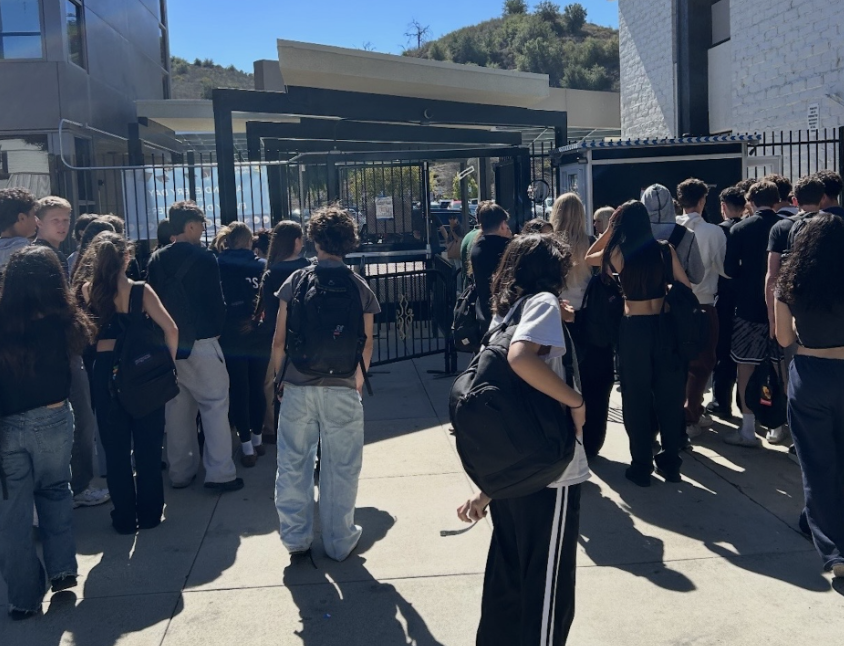The increased usage of social media sites has created controversy over the past decade; the Internet serves a purpose in connecting the world but also contributes to the deterioration of society as a whole. Yet, as this generation grows into one that cannot even survive an entire meal without refreshing a newsfeed, the lingering crisis calls for preventative action. Probably the most successful social media site today is Facebook, trumping other sites with over one billion active users. But Facebook actually encourages virtual interaction and prevents social development in young adults. In addition, addiction is a serious problem that Facebook poses. Furthermore, privacy issues and loopholes can result in major repercussions that put users in danger or jeopardize their futures.
Although Facebook connects hundreds of people together to share and exchange ideas and opinions, every experience on the website is obviously virtual, eliminating the significance of a face-to-face exchange. Some users can grow reliant on virtual communication, and even develop social problems that can negatively impact their personal interaction with those around them. Modern civilization is already struggling with issues of social interaction, as almost every teenager remains on his cell phone even while he spend time with friends or attend parties. But a friendship based solely on virtual interaction can be awkward and uncomfortable in person, as the natural moods and tones of individuals are not felt when reading a message on Facebook.
“Facebook gives students the ability to express things they would not normally say,” said sophomore Alex Barr. “Whether they comment rudely on other profiles or publish a vulgar status, anything they write can negatively impact others.”
Everyone has days that consist of an inordinate amount of time spent on Facebook, whether it is uploading pictures from an event that occurred less than 24 hours before, or simply scrolling back through the newsfeed to the beginning of eternity. The need to stay logged on is fueled by the lure of knowing where everyone is at the present moment; teenagers have an irksome desire to constantly be aware of their peers’ whereabouts. Facebook provides a number of games and applications which require numerous visits throughout the day. People also spend substantial amounts of time “stalking” other profiles. But after flipping from profile to profile and clichéd photo caption after caption, people tend to close their web browser feeling extremely guilty and unfulfilled after the immense amount of time spent achieving nothing. What most often starts primarily as a website to turn to while procrastinating, Facebook slowly becomes an addictive site that many find hard to resist updating.
In a more technical sense, Facebook is a playground for stalkers and identity thieves. Although each individual user can modify his or her profile settings, Facebook has yet to provide full security against predators. Fake profiles are also a common hazard, as photos can easily be stolen or copied and re-uploaded onto a different profile. As younger kids begin to join the Facebook world, the lack of secure privacy settings poses a major threat and allows predators to get in contact with kids easily. Even if complete privacy were an option, many users choose to have a public profile, which puts them in danger of having their photos and identities replicated in another account. Also, easy accessibility allows colleges and employers to view the profiles of potential students or employees. Users tend to think that what they post will go unnoticed, but regrettable information or pictures can actually jeopardize one’s chance at being accepted to schools or hired for jobs.
Though society is beginning to comprehend all of the negative influences that social media sites impose, cell phones are still glued to hands and newsfeeds are delivering fresh updates every second. Most recognize how addictive Facebook can be, but few recognize the danger it poses or the effect it can have on social abilities. If society persists in overusing social media, the consequences will eventually have lasting effects on generations to come.








